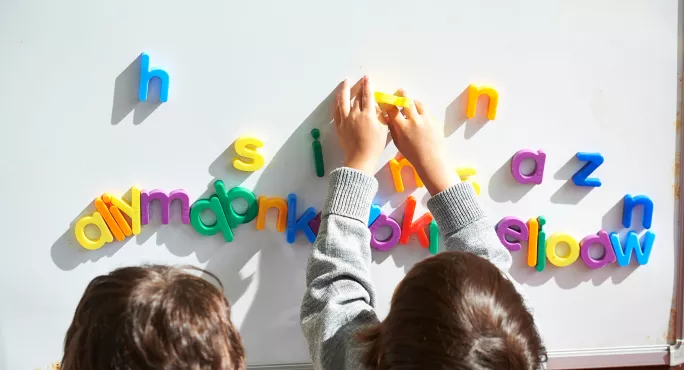The Department for Education has been accused of hiding the workload implications of the forthcoming Reception baseline assessment, due to be piloted this September.
Heavily redacted documents show that most teachers taking part in trials of the baseline did not think the workload involved in assessing pupils’ self-regulation was “reasonable”, but the equivalent information on the literacy and maths tests has been kept under wraps.
The DfE has also not answered questions about how long the tests take to administer.
The baseline assessment, which will be a short online assessment of four- and five-year-olds as they start school, was trialled in more than 300 schools in autumn 2018, but the DfE has refused to release trial results.
Need to know: Reception baseline assessment
Quick Read: Plans to broaden baseline beyond maths and literacy dropped
Pilot project: Schools invited to sign up for controversial baseline pilot
Reducing workload has been a key issue for the DfE, with education secretary Damian Hinds saying that he had “singled out teachers’ workload as my number one concern”.
Now data obtained by early years campaigner and author Sue Cowley under the Freedom of Information Act shows that in the trial 72 per cent of teachers disagreed that the workload was “reasonable” given what they learned about the child during the assessments of self-regulation, and just 15 per cent of teachers felt the 25 minutes spent with each child was a valuable use of time.
Baseline workload fears
The self-regulation tasks have now been dropped from the proposed baseline - but the corresponding information on what teachers taking part in the trial felt about the time and workload implications of the remaining tasks in literacy, communication and language, and mathematics has been redacted.
Ms Cowley said she was “angry” about the DfE’s secrecy after asking for the full results of the trials.
“I’m not surprised but I am deeply disappointed that the DfE sees fit to do a trial on children who are not in compulsory education and feels the data is not something to share with the public,” she said. “I’m going to appeal it.
“It’s not about being difficult. It’s not about ‘evil tests’ - it’s not about that at all. It’s about stupid tests.”
Ms Cowley said that the issue of teacher workload made her most concerned about the refusal to answer questions on the shortest and longest times of assessment.
“The DfE is hiding the workload implications of the baseline. Reception teachers will potentially spend several hours over several days on this,” she said. “And they will still have to do the statutory EYFS profile and their own school baseline because this won’t give them enough information.
In its response to Ms Cowley’s request, the Standards and Testing Agency, the part of the DfE which oversees the tests, said that some information was being withheld because it was either personal data or because it was “relating to the development of government policy”.
“The Reception baseline assessment remains under development and all information relating to the items is confidential. Therefore, releasing this information puts the policy at risk,” the reply to Ms Cowley stated.
But, it added, as self-regulation was no longer included in the assessment that information could be released.
The baseline assessment will be piloted this September and is due to become statutory in September 2020.
It will consist of tasks using physical objects such as plastic shapes, but the assessment will have no pass mark and the pupils’ scores will not be given to teachers. Instead, the scores will be used as a starting point to measure pupils’ progress between Reception and Year 6.
The assessment has been backed by the NAHT headteachers’ union, which has welcomed the government’s pledge to scrap key stage 1 Sats if the baseline is successful.
The DfE has been contacted for comment.




